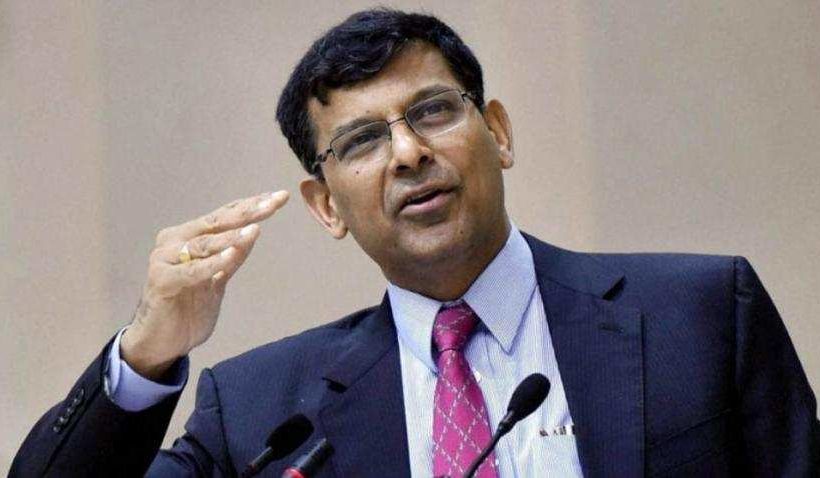
Former Reserve Bank of India (RBI) governor Raghuram Rajan on Wednesday questioned the ‘minimum government and maximum governance’ promise of the Narendra Modi regime, saying the state has gained more power sans any checks and balances and has created too much inefficiencies in its wake.
This has led to a dependent and pliant private sector which has no choice but to applaud every decision of the government, the noted economist said.
The academic said at the launch of his new book ‘The Third Pillar‘ on Wednesday and how far have we come on that (minimum government and maximum governance)? I think we continue to rely too much on the bureaucracy to do many things.
He said that the scope of the government is something we will have to examine sooner, rather than later, because today it does too much too inefficiently.
It can be noted that the minimum government and maximum governance promise was one of the central themes of Modi’s 2014 election campaign.
However, in the past five years of his rule, his bloated administration has been accused of being statist by critics for decisions like demonetisation and the haphazardly manner in which the uniform tax regime GST was rolled out.
Rajan, who went back to the University of Chicago as a professor after his stint at the Reserve Bank between September 2013 and September 2016, said we must not go back on liberalisation moves, criticising the recent moves like re-introduction of protective tariffs in a slew of sectors like steel and consumer durables like televisions and smartphones, which led some leading foreign companies to shutter their local manufacturing.
He was also skeptical of the policy changes on the e-commerce industry which have hurt entrenched players, saying there is an anger in the West because of the move, which came in soon after the largest ever FDI of $16 billion into the country was announced by Walmart to takeover domestic e-tailing major Flipkart last August.
Rajan said that there is a lot of angst in the West on how the rules in the e-commerce sector were changed. This is the kind of uncertainty that keeps away FDI from coming into the country.
The country has to pitch itself as a haven for investments because of the anxieties surrounding China, he said, adding one needs to stick to the rules and change them transparently.
Rajan said that one needs to convince people and respect their ability to do business here. Such posturing by the Modi government is leading to a situation where the state is gaining more and more powers without the necessary checks and balances added Rajan, who earlier in the day said that he was open to come back to serve the country if called out to do so.
He said that the state expands its realm whether through regulatory or discretionary powers and gains more powers without proper checks and balances, insisting that the uncertainties of shifting goalposts makes the private sector less potent.
He also cited the airlines and hospitality sectors as two areas where the government must have no role to play and should be left to the private sector.
Rajan also questioned the data computation on growth, saying how can we continue to have low job creation and lower capacity utilisation if we are having an official growth number of 7 percent or more.
Rajan said there is a disconnect in the data and it is prompting some soul-searching. However, it has not yet come to a juncture where people are throwing out the data, he made it clear.
Stressing on the 7 percent growth as the official growth rate, Rajan said there is a need to grow beyond this new Hindu rate of growth as the nation was called during the under-4 percent growth years before the July 1991 liberalisation move.
The former governor also said this requires fresh thinking on how to push growth up and that minor changes in the policies would not help.
Rajan said sufficient growth and resources that accrue because of it are necessary for serving the poor, but seemed to be against taxes on the super-rich. Rather, what is required is better tax compliance, he stated.



